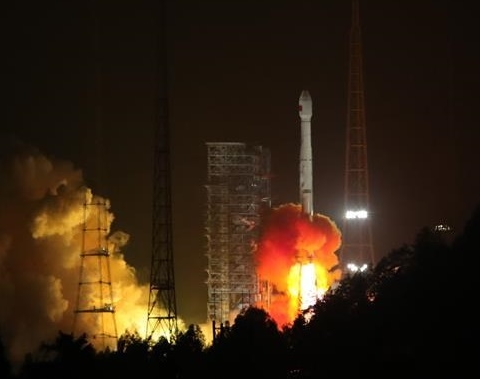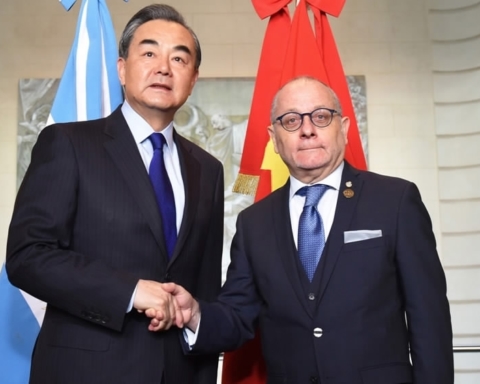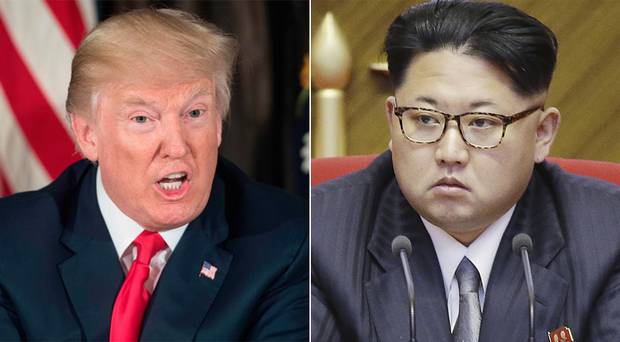The Communist Party of China (CPC) rolled out “Thought on Socialism with Chinese Characteristics for a New Era” and embarked on a journey to build a “great modern socialist country” at the opening of its 19th National Congress on Wednesday. General secretary of the CPC Central Committee Xi Jinping delivered a 3.5-hour speech to the congress at the Great Hall of the People in Beijing on Wednesday morning, during which he mentioned several times a “new era” for socialism with Chinese characteristics. Xi said the new era “will be an era of securing a decisive victory in building a moderately prosperous society in all respects and of moving on to all-out efforts to build a great modern socialist country”. The principal contradiction facing Chinese society now is the contradiction between unbalanced and inadequate development and the people’s ever-growing needs for a better life, Xi said. “The phrase ‘new era’ represents the changes in China after 40 years of development”, Su Wei, a professor at the Party School of the Chongqing Committee, told the Global Times on Wednesday. “And by pointing out the new contradiction in Chinese society, Xi also revealed the key emphasis of future work – more balanced development in rural and remote areas with science and technology driving the economy”. China will see socialist modernization basically realized in the first stage from 2020 to 2035 and then become a great modern socialist country that is prosperous, strong, democratic, culturally advanced, harmonious and beautiful from 2035 to the middle of this century, Xi noted in the report.
Latest from ASIA
At the invitation of Chinese Foreign Minister Wang Yi, Dmytro Kuleba, the Minister of Foreign Affairs
The official media of the Democratic People’s Republic of Korea (DPRK) today called on the international
China and Kyrgyzstan today agreed to establish a comprehensive strategic partnership. The agreement was reached during
After days of touting success in managing to bring the leader of the rogue nuclear regime
China will launch another 11 BeiDou-3 satellites by the end of 2018, adding to its domestic








